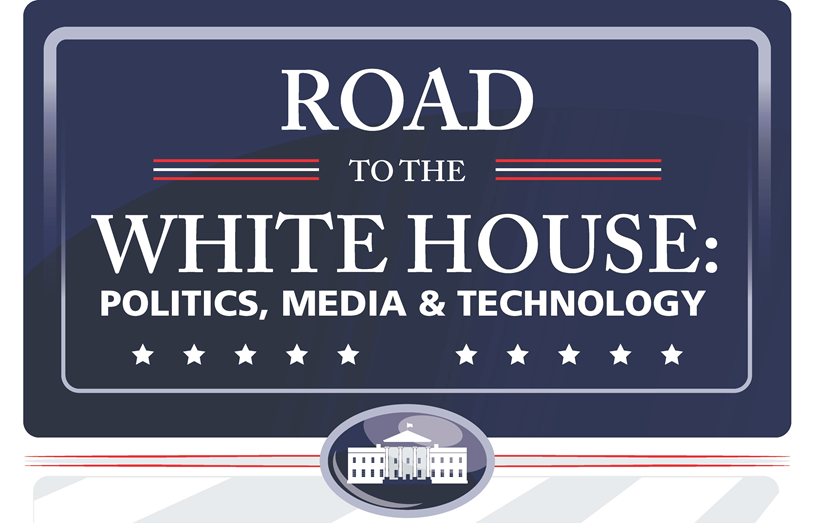Impact of the housing market on elections
California led the nation in foreclosures this July, with over 56,000 homes going into foreclosure. While this number is down 16% from last year, it remains high. In fact, filings in the state of California represented over 25% of new filings.

